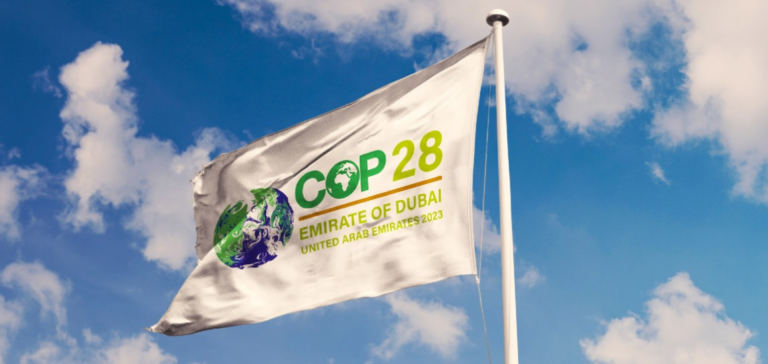COP28 in Dubai is crucial for the future of the planet. Current commitments by governments to reduce greenhouse gases (GHGs) would lead to global warming of +2.8°C by 2100, well above the 1.5°C target set out in the Paris Agreement. It’s time to get serious about abandoning fossil fuels, which are responsible for 80% of the world’s energy consumption.
The Transition to Renewable Energies
COP26 in Glasgow saw the massive reduction of coal, but oil and gas remain largely ignored. COP28 must rectify this by establishing a first official assessment of the Paris Agreement. Discussions will revolve around the phase-out date for hydrocarbons, measures to eliminate fuels burned without carbon capture, and the reduction of subsidies to this industry.
The Importance of “Fair Energy Transition
The transition to renewable energies is unavoidable, but it must be fair. Developing countries need financing to access these technologies and lift themselves out of poverty. An “equitable energy transition” is needed to ensure effective global cooperation.
Financing requirements for developing countries
Since 1992, the rich countries have promised financial and technological aid to the rest of the world, but their failure to deliver on this promise has poisoned the negotiations. Trillions of dollars will be needed every year between now and 2030 to finance climate change adaptation and development in developing countries.
Finally, COP27 created a fund to compensate for “loss and damage” caused by climate-related disasters. However, crucial questions remain unanswered, such as how the fund will be financed, who will benefit from it and where it will be located.
COP28 in Dubai is a turning point in the fight against climate change. The stakes are high, from reducing emissions to abandoning fossil fuels and financing adaptation. The decisions we take will have a lasting impact on our planet.






















